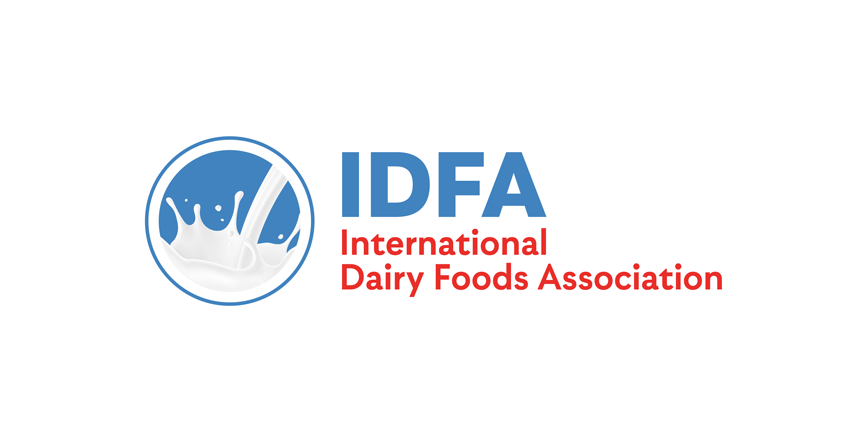WASHINGTON -- The International Dairy Foods Association (IDFA) is conducting live webinars on issues affecting the dairy industry over the coming weeks. The webinars are free to IDFA members and also available to non-members for a fee, and include:
New Options For Inline Dairy Process Analysis With Inline FT-NIR
Sept. 14, 1 p.m. EST
Many dairy plants are moving their analytics to continuous inline technology for process measurements and control, where automation is desired. Over the years, this technology has required frequent calibration adjustments and high maintenance costs for continued uptime. Today, the Bruker Matrix-F FT-NIR can be set up to measure six points with 3-A probes in the process to measure fat, protein, casein, TS in both liquid and solid dairy products, such as standardized milk, condensed milk, UF whey, powders, cheese, butter, etc.
Sustainable Packaging: State Legislative Update
Sept. 20, 1 p.m. EST
State legislatures across the country were busy in 2021 considering bills aimed at reducing the amount of landfilled consumer product packaging. Many bills sought to mandate minimum post-consumer recycled content (PCR) for various packaging materials. Others aimed to shift collection and recycling costs from states to companies by creating circular economies through fee-based "extended producer responsibility" (EPR) programs. In this webinar, IDFA will update members on newly enacted statutes in Maine, Oregon and Washington and how those new laws could impact the ability of dairy companies to market dairy products in those states. IDFA will also highlight key state bills expected to become active in 2022 and share how IDFA plans to advocate for dairy.
Cyber Threats in the Dairy Sector
Sept. 28, 1 p.m. EST
Cybercrime like denial of service, ransomware, and data and intellectual property theft is a growing corporate risk with incidents occurring every day. In the recent past, major cyber incidents have severely disrupted the ability to conduct business for many food companies – Smuckers, E&J Gallo, Molson Coors, Colonial Pipeline, JBS, Kaseya. Publicity and ransom payment mean it is likely such attacks will continue. Ransomware and data theft are not the only issues. Recent cyber-attacks upon water treatment facilities in California and Florida were specifically targeted to create food safety hazards.
All of these incidents resulted from gaps in cyber security protections and, in many cases, faulty cyber hygiene practices by individual employees that allowed critical network access to cybercriminals. The Cyber Threats in the Dairy Sector webinar will address the emerging cyber threat landscape, how cyber intrusions can affect food safety, why cyber security in the manufacturing environment is essential, and principles for everyday cyber defense in the dairy industry.
To register or to learn more, visit https://www.idfa.org/events.

